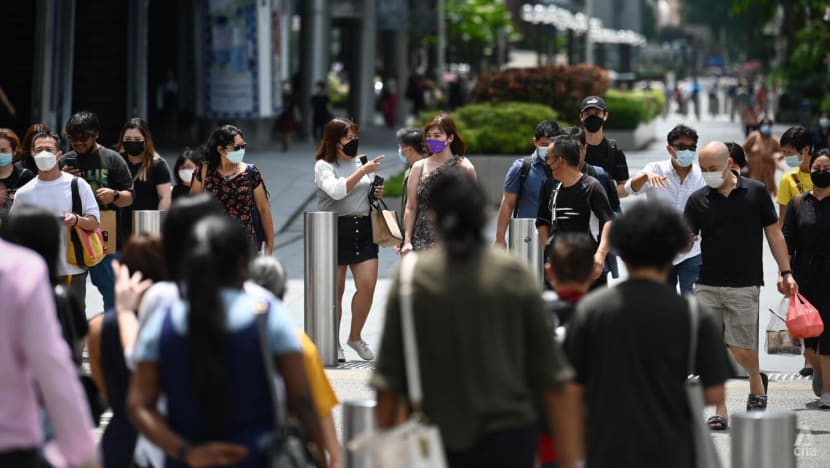SINGAPORE: Although an estimated 60% of Singaporeans have likely caught COVID-19 before, this does not mean the country now has “herd immunity,” according to Health Minister Ong Ye Kung in Parliament on Monday (Aug 1).
There have been over 1.7 million documented cases, representing approximately 30% of the population.
According to Mr Ong, the ministry also systematically monitors blood samples from routine polyclinic cases and other healthy volunteers for symptoms of past infection.
“Based on these samples, we estimate that approximately 60% of local residents are likely to be infected with COVID-19.”
However, scientists around the world do not believe herd immunity is attainable since the virus will continue to mutate, evade vaccination protection, and infect people, he added.
Mr Ong claims that immunizations can provide “population protection against serious sickness.”
This is what allows the healthcare system to withstand an infection wave, even if there are a large number of cases, because the translation of infections into serious illnesses is low, he explained.
The minister was responding to MP Seah Kian Peng (PAP-Marine Parade), who had inquired for the proportion of the people affected and whether Singapore had achieved herd immunity with such a high level of illness.
While Singapore is still in the midst of an infection wave caused by the Omicron variation BA.5, infection counts have been decreasing over the previous 10 days, according to Mr Ong. Over the last week, the infection ratio has dropped below 0.9, and “we should see the wave diminishing further this week.”
During the previous Omicron wave in early this year, 2.4 percent of sick people required hospitalization. Mr Ong added that during the current wave, 1.9% ended up in hospitals, but that the true numbers are lower due to unreported instances.
Source: CNA


